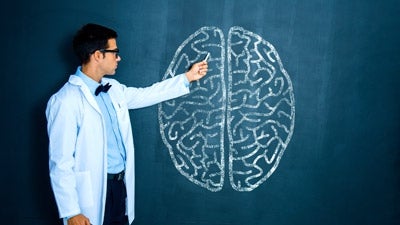Home > Run and Grow > Customer Service >
Neuroscience Can Be Used to Improve Customer Loyalty
By: Bill Bleuel

There has been some interesting work done by Dr. Daniel Kahneman, a professor at Princeton University in the area of behavioral economics. Dr. Kahneman received the Nobel Prize in 2002 for his work in economic sciences. One of the phenomena that he has written about, and which has been given much attention is the peak–end rule. This rule provides some excellent guidance for building customer loyalty.
In essence, the rule explains how experiences are judged with the primary focus being on intensity of emotions at their peak moments coupled with the endpoint or resolution of customer experience. What his research has pointed out is the most positive or negative emotional intensity. In the end, resolution of the service experiences have a disproportionate influence on the overall experience of the customer.
What makes this insight of Dr. Kahneman particularly attractive is that when we identify the customer’s peak moments during the customer experience and then focus on how the service experience ends we will create the most impact on how the customer feels about overall experience. When these moments are managed the company can plan on increasing the lifetime value of its customers.
Thus, there are two areas that must be managed well: namely, (i) the careful identification of the customer’s peak moments (those moments with maximum intensity of emotions) and (ii) the last touch point of the service experience (the last actions that occur before the experience ends). Many companies forget the importance of the closing experience. Even though there have been many very positive aspects with the customer during the customer contact, the manner in which the call ends can negate much of the goodwill and loyalty that was created through the service experience.
The bottom line of this neuroscience approach to customer loyalty is that we now have a way to focus on those aspects of the customer’s experience which will have the greatest impact on the overall memory of the customer experience and hence should increase our ability to create and sustain loyalty.
This article was originally published by The Customer Institute
Published: October 20, 2014
2726 Views
2726 Views












